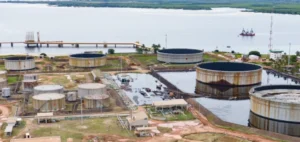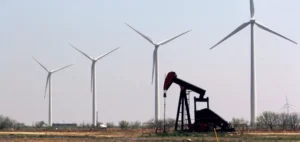The Government of Canada confirmed the allocation of more than $40mn in funding through the Low Carbon Economy Fund for Indigenous-led energy projects in several Canadian provinces.
Diversity of funded projects
Selected initiatives mainly focus on local renewable energy generation, such as the installation of solar panels, wind turbines, and heat pumps. Several projects also involve thermal retrofitting of community and residential buildings.
The largest allocation, exceeding $9.2mn, goes to the Métis Nation of Alberta, aimed at retrofitting nearly 500 individual homes throughout Alberta. The Mushuau Innu First Nation community in Newfoundland and Labrador receives $5.8mn for heat pump installation in community-owned residences located in the remote community of Natuashish.
Geographic distribution of funding
In British Columbia, the Seabird Island Band receives more than $5.6mn to improve the energy efficiency of two schools and an administration building. Meanwhile, Gitlaxt’aamiks Village Government receives over $2.8mn to equip homes with heat pumps.
In Quebec, Makivvik Corporation receives approximately $3.5mn to acquire and distribute solar kits throughout Nunavik. Ontario also receives funding, notably $3.4mn granted to Hiawatha First Nation to achieve net-zero energy status for the Rice Lake Elder community complex.
Innovative dimension projects
Other funded initiatives concern electrification of local transportation. This is notably the case of the Kizis–Pimibizaowgamik project, led by Kinistin Saulteaux Nation in Saskatchewan, receiving over $845,000 to build a local charging network for electric vehicles used for medical and professional transportation.
The Qalipu Mi’kmaq First Nation Band in Newfoundland and Labrador receives about $4.3mn for installing heat pumps in homes owned by its community members. Additionally, K’ómoks First Nation in British Columbia receives nearly $690,000 for installing solar panels on residential homes.
Community involvement
The Indigenous Clean Energy Social Enterprise organization in Ontario receives over $1.2mn for a collaborative project to align federal practices with specific energy sustainability needs of Indigenous communities.
Among the supported projects is also a carbon audit aimed at quantifying current emissions of the Métis National Council Secretariat Inc. in Ontario, receiving up to $150,000 to carry out this operation.
The allocated funds aim to enable the creation of local jobs and the establishment of economic activities associated with these new energy installations.






















